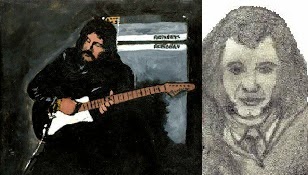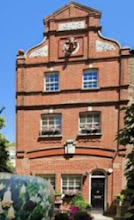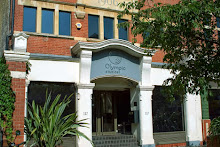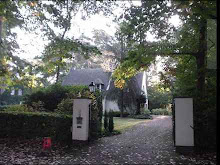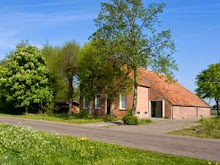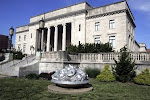Archive number: 75
Title: Tokyo Rose
Main Album: Focus Con Proby
Track number: 7
Genre: Jazz Rock Vocal
Studio: EMI Studios, Hilversum, The Netherlands
Length: 5' 05"
Composer: Roselie van Leer, Thijs van Leer
Musicians: P J Proby – Vocals; Eef Albers- Electric Guitars; Thijs van Leer – Flute, Piano, Hammond organ; Bert Ruiter – Bass; Steve Smith - Drums
Producer: Yde de Jong
Engineer: Jan van Vrijaldenhoven/Mike Stavron
Label: LP – EMI
Date of recording/release: Recorded/released 1978 LP – 1978 CD – 1998
Alternative versions: None
Notes: As with the previous track, we begin with a classical introduction possibly stolen from Brahms. This time the flute joins the piano. (00:00-00:44). The band then kicks in at marching pace and Proby (sounding very like Presley at times) begins to half sing half speak the lyric. The vocal is then punctuated by the guitar-led instrumental as indicated.
Hahaha, hey you know something?
World War II wasn't all that much fun,
Specially if you didn't even have a gun.
Well, you know you gotta go through
it if you wanna get to it,
and I can tell you I did,
but no thanks to a little
lady.
She was, uh, she, she kept us up all hours of the night.
Hell, half the
time we didn't have time to fight.
But I don't think I would have to expound
much further
'cause everyone knows 'bout Tokyo Rose.
(Instrumental break at 01:32-02:31)
Hehaha, lemme tell you a little more. Scared?
Christ, I was so damned scared I
could crawl under a snake's belly,
with a top hat on, without even touching it.
That's how scared I was.
Shit, who wants your ass blown off when you don't even
know if it's kosher.
You know, kind of like when you went to school.
Always
breakin' the rules, thinkin' nobody knows.
Haha, but don't kid yourself, baby,
the lady in the classroom knows,
nd her name? You got it - Tokyo Rose.
(Instrumental break at 03:20-04:18)
Lord, have mercy. Ha, I feel like I'm teaching class.
I gotta go through it all
over again,
'cause you haven't learned your lessons now.
I don't want to give
you a bad report card,
so I say, do you know that World War II wasn't fun.
Have
you got that down, Jim? Right on,
especially if you didn't have a gun.
Well,
you know you gotta go through it
if you wanna get to it.
And I can tell you I
did, but no thanks to a little lady,
yeah, she kept us up all hours of the
night.
Hell, half the time, we never had time to fight.
And, uh, yeah, there's
no sense of me expounding any further.
The end is again quite sudden.
Note on Tokyo Rose (from Wikipedia)
Tokyo Rose (or Tokio Rose) was a generic name given by Allied forces in the South Pacific during World War II to any of approximately a dozen English-speaking female broadcasters of Japanese propaganda. Their intent was to disrupt the morale of Allied forces listening to the broadcast near the Japanese mainland. The name is most strongly associated withIva Toguri D'Aquino, who broadcast under the pseudonym "Orphan Ann" during the 15-20 minute DJ segment of the 75-minute The Zero Hour programme on Radio Tokyo (NHK). Other women who, separately or together, may have warranted the title include American Ruth Hayakawa (who substituted for Iva on weekends) and Canadian June Suyama ("The Nightingale of Nanking"), who also broadcast on Radio Tokyo, and Myrtle Lipton ("Little Margie"), who broadcast from Japan-controlled Radio Manila.
Tokyo Rose has been the subject of two movies and four documentaries. Both in 1969 and 1976 CBS broadcast documentaires on the subject. 1969: The Story of "Tokyo Rose", CBS-TV and WGN radio documentary written and produced by Bill Kurtis. 1976: Tokyo Rose, CBS-TV documentary segment on 60 Minutes by Morley Safer, produced by Imrel Harvath.

